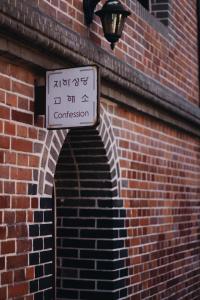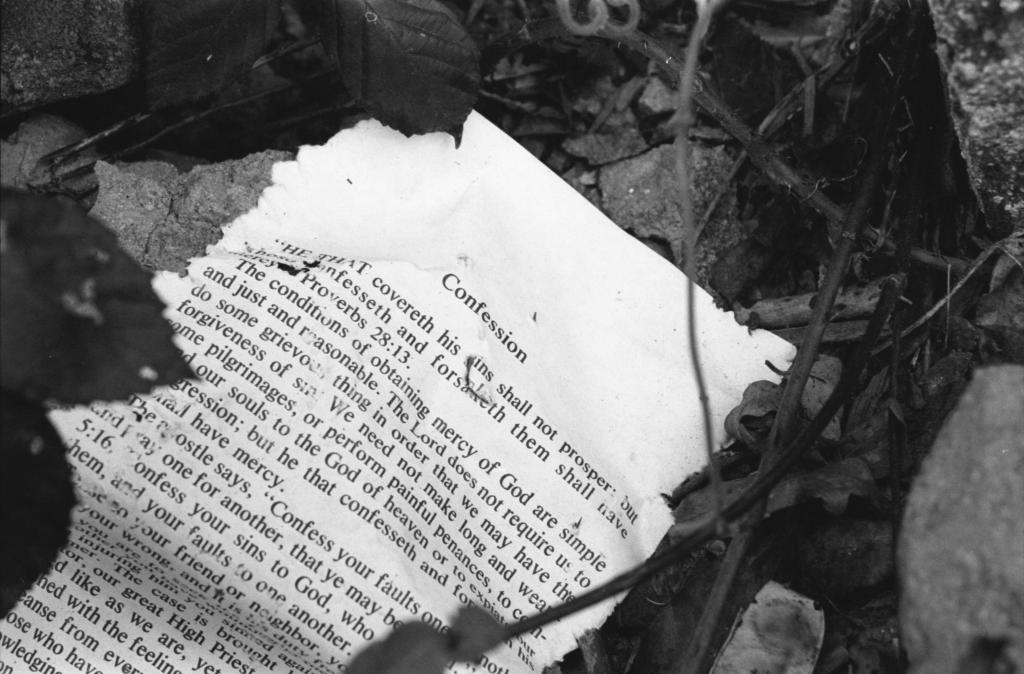We’ve all been there. We lose the thread of something that was important to us. And we are forced to retrieve, reinvent, or replace the thing we have lost. Often things are never quite the same.
We take a job, not because it is a really good fit, but because we were offered money or prestige. We climb the ladder, taking the next big job, and we leave behind what we really liked doing. We get distracted from the core principles that inform our way of life and we find ourselves drifting, not quite in touch with even ourselves.
The same thing happens to cultures. They undergo entropy, a gradual movement from order to disorder. They are satiated by their achievements and forget the struggles that shaped them. Achievement becomes entitlement. Discipline lags. Cultures become thin and threadbare. What counts as creativity is simply a repackaging of old themes and tropes.
As a country, we are facing that challenge on several levels and one of the most significant is rooted in the decline of religious communities. Often touted as a turn from the religious to the spiritual, the effort at reclamation beyond the walls of churches and synagogues has been described as more deeply authentic and relevant.
But the trend is actually reflective of the entropy in mainline Protestantism. The result is an effort to address the losses in terms that are emptied of history and a grounding in tradition. And that challenge is further exacerbated by a lack of historical awareness. As historian, Tom Holland observes, the enduring values of western cultures come from our Judaeo-Christian heritage.
One need not favor a theocracy to acknowledge that fact. Nor does one need to favor a state-sponsored religion to recognize the perils that follow on that declining awareness. But it is worth noting that we are living on practices that can no longer bear the weight of our needs. One example is the ritual of public confession that has replaced the church’s rituals of confession and absolution.
I first noticed this trend when Tiger Woods, one of golfing’s greats, began to struggle publicly in his personal life. The demand that Woods confess his struggles was filled with irony in a cultural setting without religious rituals: Elements of the press (!), demanded a public (!) confession, from a mand who identified as a Buddhist (!), and his confessor (!) was the high priestess of American pop-therapeutic culture, Oprah Winfrey (!).
Since that time, public confessions have continued apace. But now they are more defuse. The practice is initiated by the penitent across social media. The confessors can be innumerable. There is no clear absolution available. And, in fact, the offender is often further sanctioned and punished, calling to mind the old expression, “the beatings will stop, just as soon as morale improves.”
What is missing is the theological and spiritual logic of the practice. Ultimately, the only secure place to make a full confession is to a transcendent God, who can both hold us accountable and offer refuge. While one may need to make amends to specific people for harm done, that kind of confession is also the only kind of prayer that can offer absolution that surmounts the multitude of variables that may limit our ability to make amends: Those we harm may be dead. They may be unwilling or unable to accept our apology or offer forgiveness. The logic of the confessional also offers a place where we can be completely vulnerable, aware that God – in fact – know our struggles and failings even more intimately than we do. And, as is always the case with confession, God is the only one who can offer us the hope of a way forward.
Anyone who thinks otherwise, knows far too little about human nature. Instagram can’t give you absolution.
Photo by Bundo Kim on Unsplash













